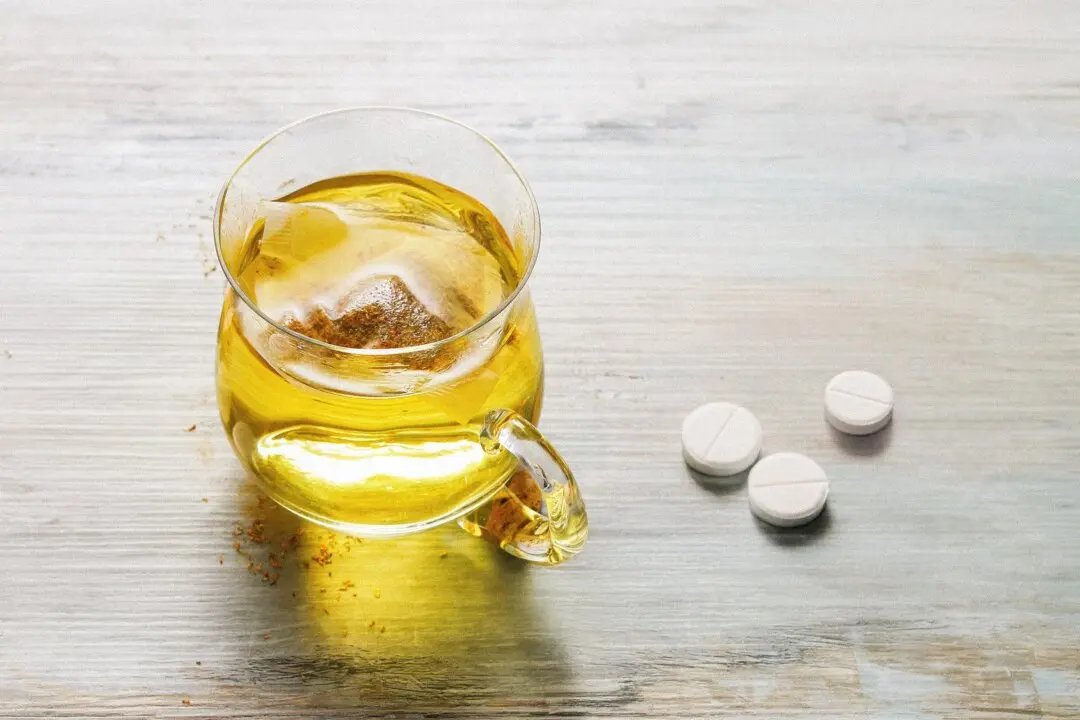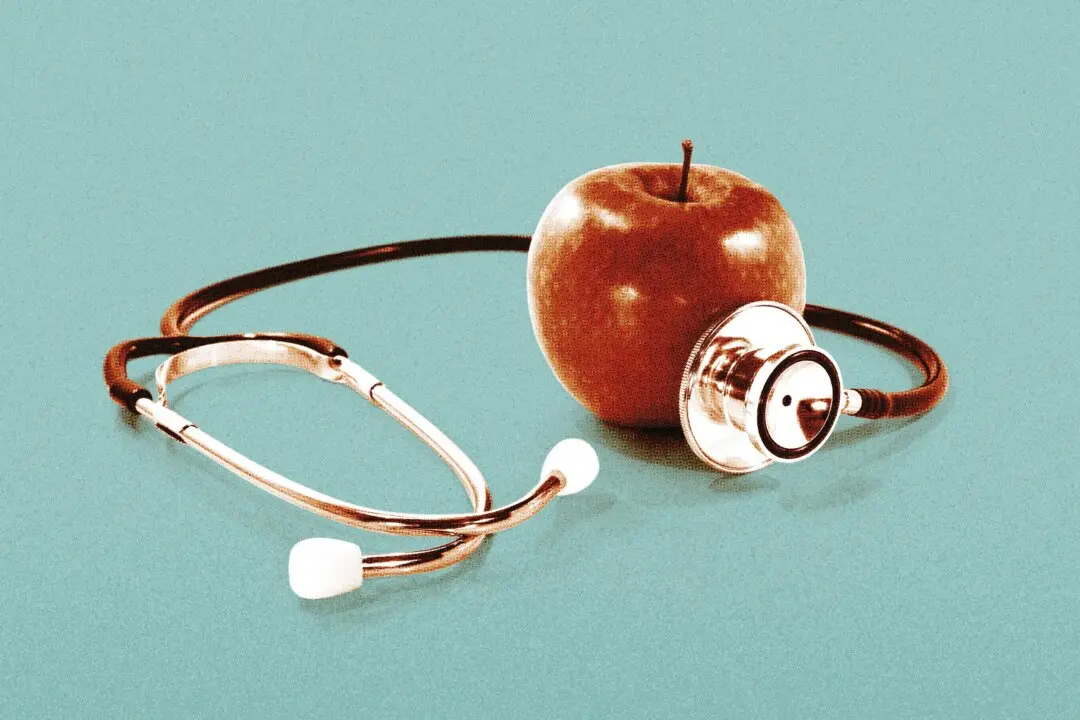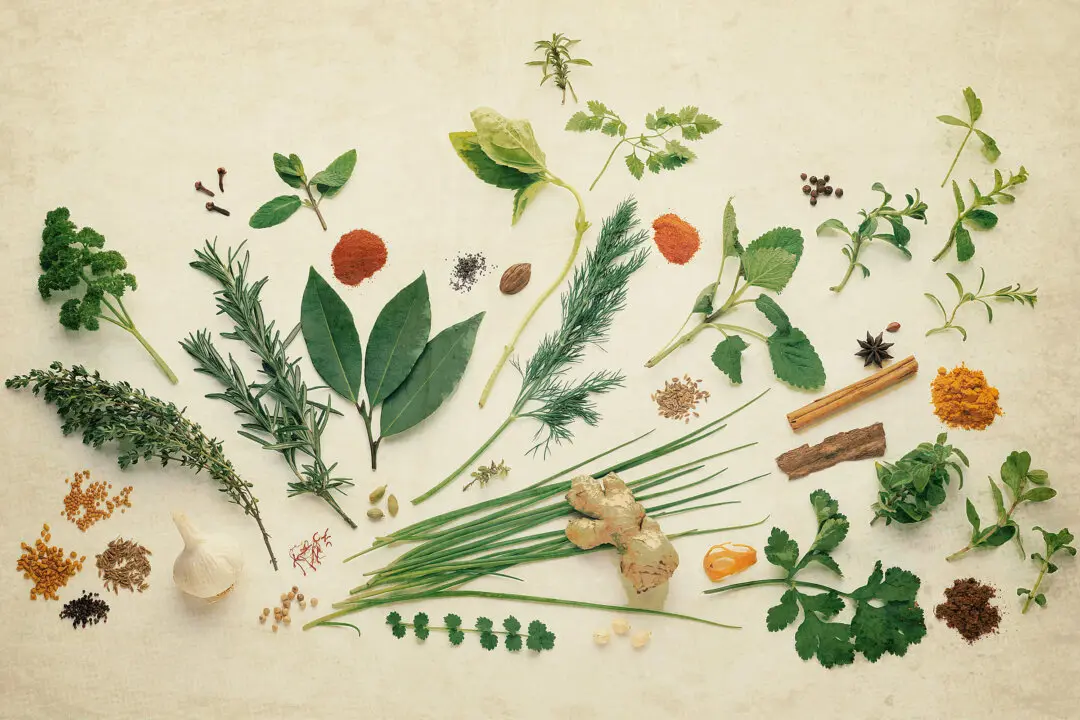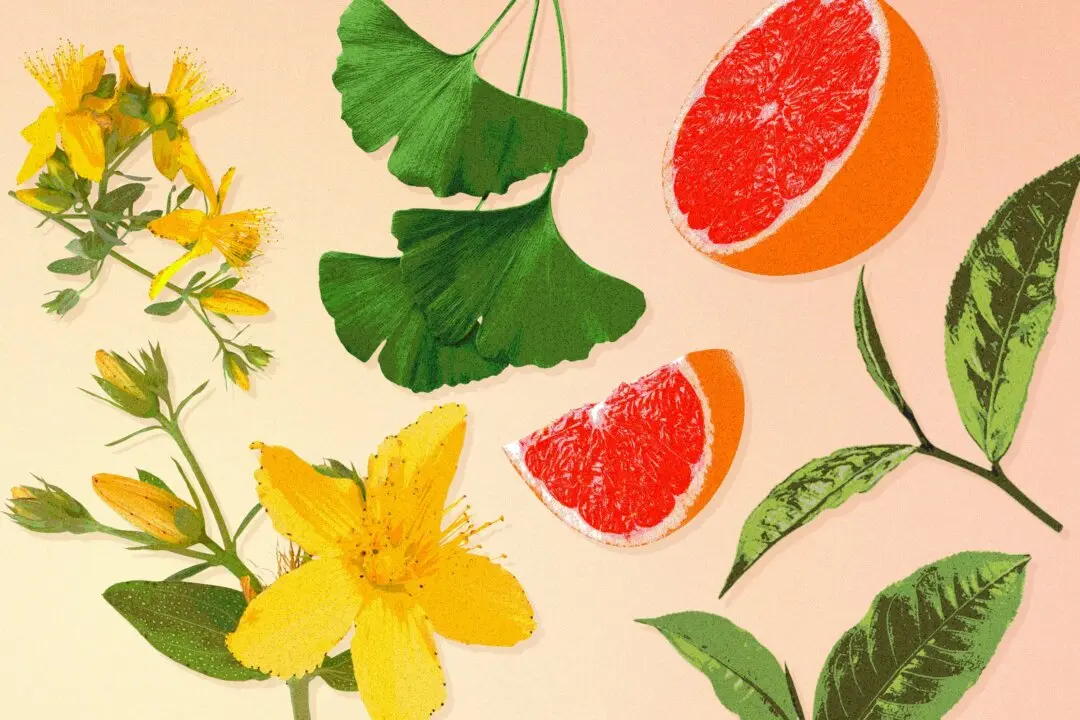Health Viewpoints
Every day, millions of Americans take blood thinners to keep potentially dangerous clots from forming, help prevent heart attacks and stroke, and treat certain types of heart disease. Heart disease is the leading cause of death worldwide and has been the leading cause of death in the United States for more than a century.






